When you think of chickens, what comes to mind? Maybe it’s breakfast, dinner, or even a funny video you saw online of a chicken doing something silly. But have you ever stopped to think about how incredible these birds truly are? Chickens are often overlooked, but they deserve a lot more credit than they get. Let’s take a moment to appreciate the humble chicken and explore thirteen reasons they deserve a little more love.
1. Chickens Are Surprisingly Smart

Chickens might not come to mind when you think of intelligent animals, but they’re smarter than you might think. They can recognize over 100 different faces, both human and animal. According to Dr. Lori Marino, founder of The Kimmela Center for Animal Advocacy, chickens demonstrate complex problem-solving abilities and even have distinct personalities. They communicate with each other using a variety of sounds, and they can even learn from watching others. So, next time you see a chicken, remember there’s a lot going on inside that little head!
Beyond just recognizing faces, chickens have impressive memory skills. They remember locations and are able to find their way through mazes with ease. This shows that they have spatial awareness and can navigate their environment effectively. Additionally, chickens have been shown to understand cause and effect, which is a sign of higher cognitive processing. So, while they might not be doing calculus anytime soon, they’re definitely more than just birdbrains.
2. They’re Natural Gardeners
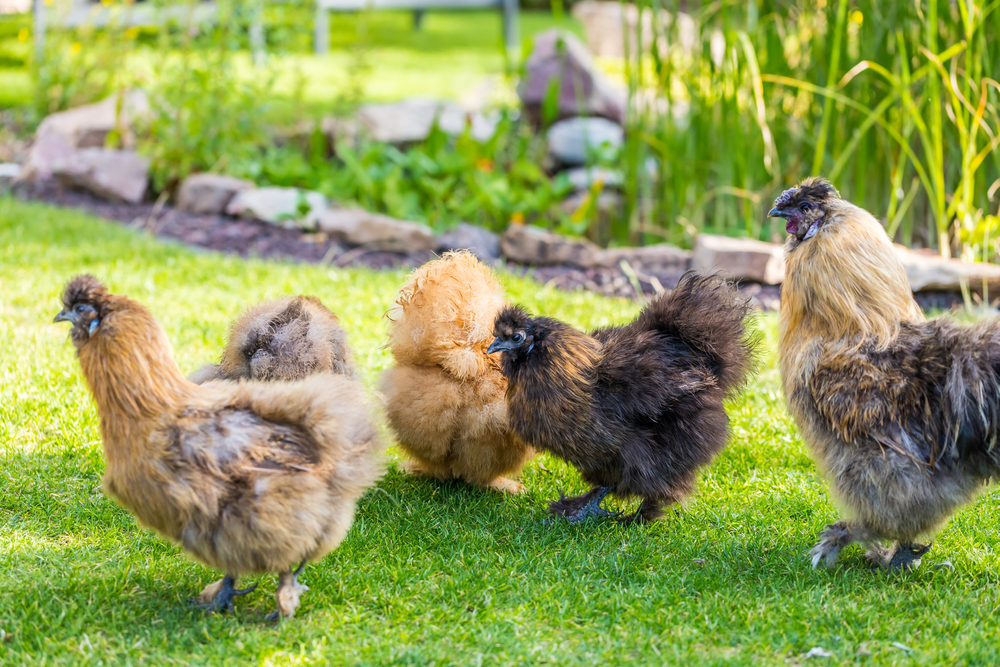
Chickens and gardens are a match made in heaven. These birds love to peck and scratch, which is great for keeping pests away from your plants. They feast on insects, slugs, and other critters that threaten your garden, providing a natural pest control service. Their scratching helps to aerate the soil, which can be beneficial for the health of your garden beds. Plus, their droppings are a fantastic fertilizer, rich in nitrogen that helps plants grow strong and healthy.
Having chickens in your garden can create a symbiotic relationship that benefits both your plants and the birds. As they scratch around, they help distribute seeds and mix organic matter into the soil. This process can improve soil quality over time, leading to better plant growth. Moreover, chickens can help manage weeds by eating seeds and young plants before they have a chance to take root. With chickens in your garden, you’re getting a team of natural helpers that keep the ecosystem in balance.
3. They Have A Complex Social Structure
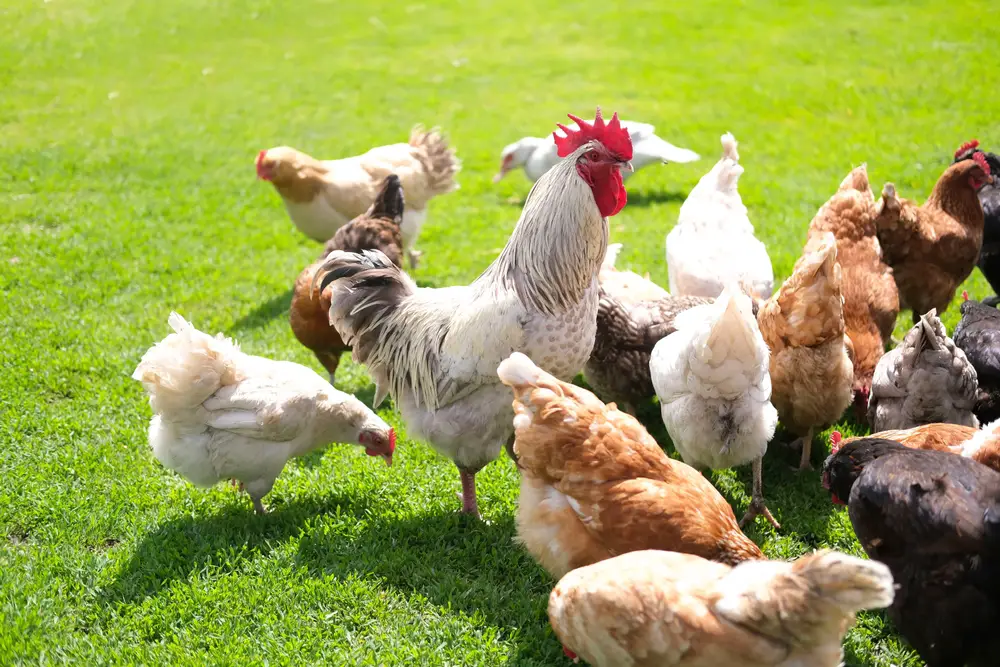
Chickens aren’t just mindlessly clucking around; they have a complex social hierarchy known as the pecking order. This structure helps maintain order within the flock, with each chicken knowing its place. According to Professor Christine Nicol, chickens’ social interactions are intricate and involve negotiation, cooperation, and sometimes conflict resolution. They use vocalizations and body language to communicate their status and intentions to other flock members. This social structure is vital for the survival and harmony of the group.
Each chicken’s position in the pecking order determines its access to food, mates, and other resources. Higher-ranked chickens get first dibs, while those lower on the scale wait their turn. This system, while seemingly rigid, minimizes conflict and ensures everyone gets a share of what’s available. Chickens often form close bonds with flockmates, displaying behaviors that suggest friendship and empathy. Through grooming and sharing dust baths, they strengthen social connections and maintain group cohesion.
4. They Provide Sustainable Food
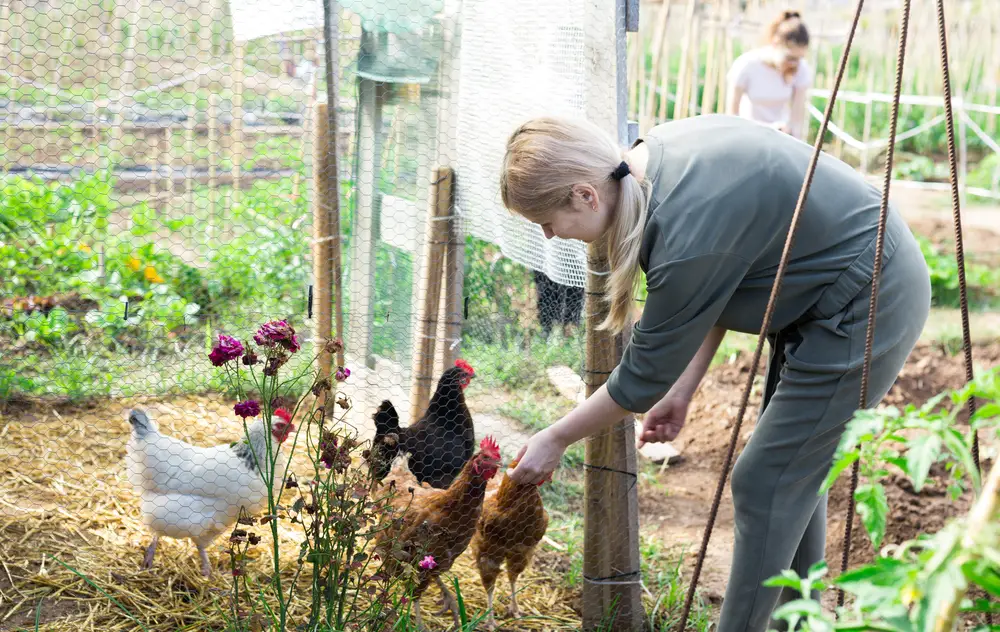
Chickens are a source of sustainable food for many families and communities. Keeping backyard chickens for eggs is becoming increasingly popular as people look for ways to be more self-sufficient. Chickens lay eggs almost daily, providing a steady supply of fresh protein. Plus, when raised ethically and sustainably, chicken meat can be a more environmentally friendly option compared to other livestock. They don’t require much space or resources compared to larger animals, making them an efficient choice for food production.
Raising chickens can also be a fun and rewarding hobby. It gives you the chance to connect with your food source and understand where your food comes from. By raising chickens yourself, you can ensure they’re treated well and fed a healthy diet, which can translate to healthier eggs and meat. Moreover, keeping chickens encourages a more eco-friendly lifestyle, promoting the recycling of kitchen scraps and reducing food waste. Embracing chickens as a sustainable food source is a step towards a more conscious and responsible way of living.
5. Their Feathers Are Fascinating
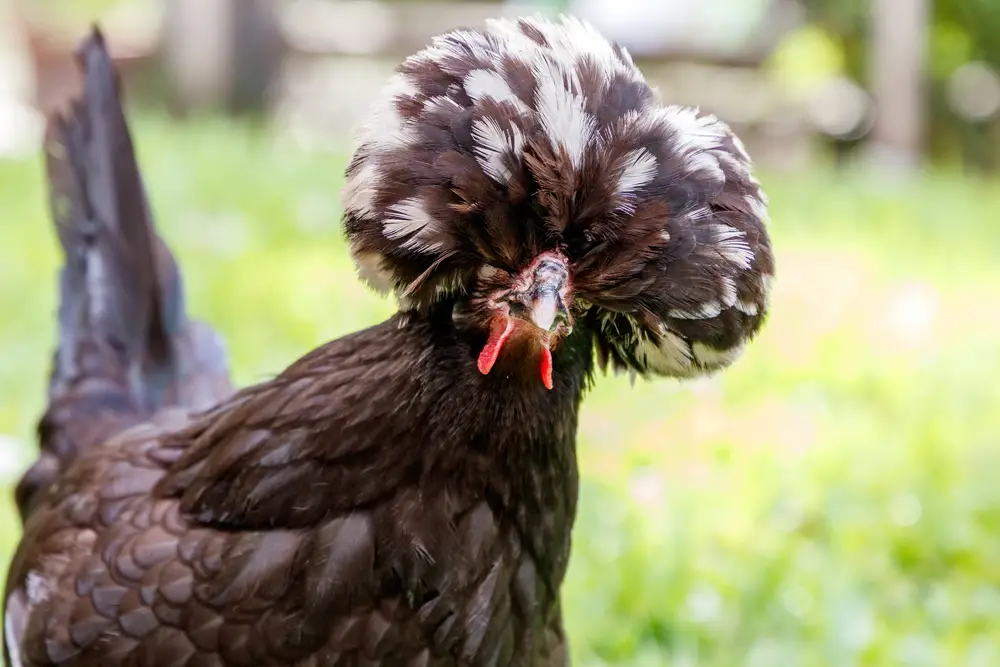
Chickens come in a dazzling array of colors and patterns, making them quite the eye-catchers. Their feathers serve various purposes beyond just looking beautiful. According to Dr. Richard Blatchford, a poultry welfare expert at the University of California, Davis, feathers provide insulation, helping chickens regulate their body temperature in different climates. They also play a role in social signaling, with certain feather patterns and colors indicating dominance or readiness to mate. Additionally, feathers can offer some protection against predators by camouflaging the bird in its environment.
Feathers are made of keratin, the same protein that makes up human hair and nails. They undergo molting, a process where chickens shed old feathers and grow new ones, usually once a year. This period can be stressful for chickens, as it requires a lot of energy to produce new feathers. During molting, chickens may stop laying eggs, directing their resources towards feather growth. The variety and functionality of feathers make them an essential and fascinating aspect of chicken biology.
6. They’re Emotional Creatures
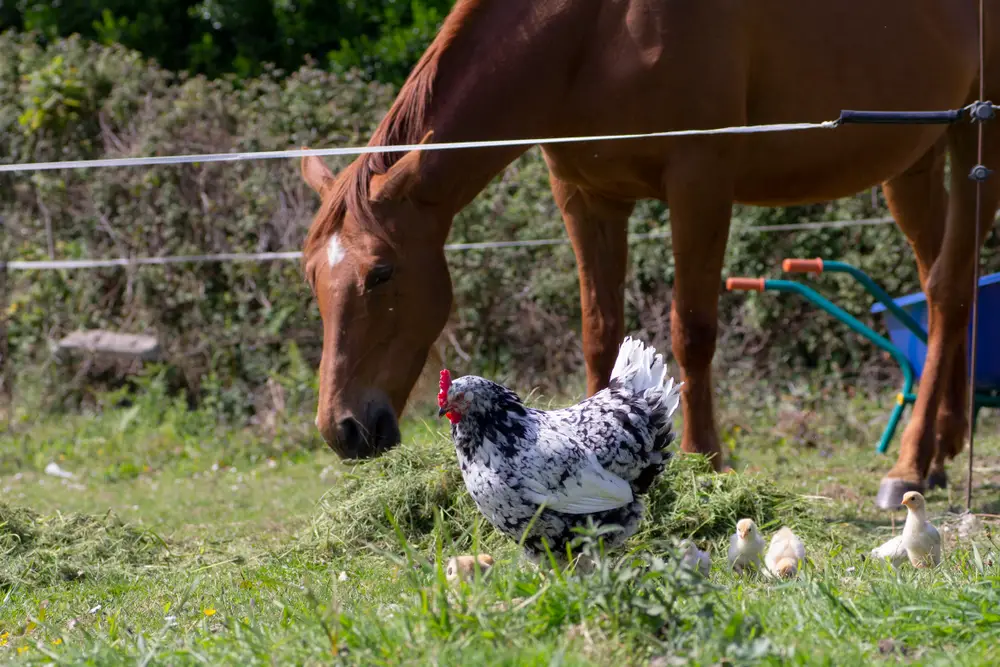
Chickens, much like other animals, experience a range of emotions. They can feel contentment, fear, excitement, and even empathy, particularly towards their chicks. When a mother hen senses danger, she will sound an alarm to warn her chicks and guide them to safety. This maternal instinct shows that chickens have an emotional depth that is often underestimated. They display affection for one another, and those who keep chickens often report that their birds recognize them and show excitement when they approach.
Studies have found that chickens can also exhibit signs of stress and anxiety, particularly in environments where their needs aren’t met. Overcrowding or lack of enrichment can negatively impact their well-being, leading to behavioral issues. However, when provided with a stimulating and supportive environment, chickens thrive. They enjoy activities like dust bathing, foraging, and exploring, which contribute to their emotional health. Understanding their emotional needs is key to providing them with a high quality of life.
7. They Have A Unique Way Of Communicating
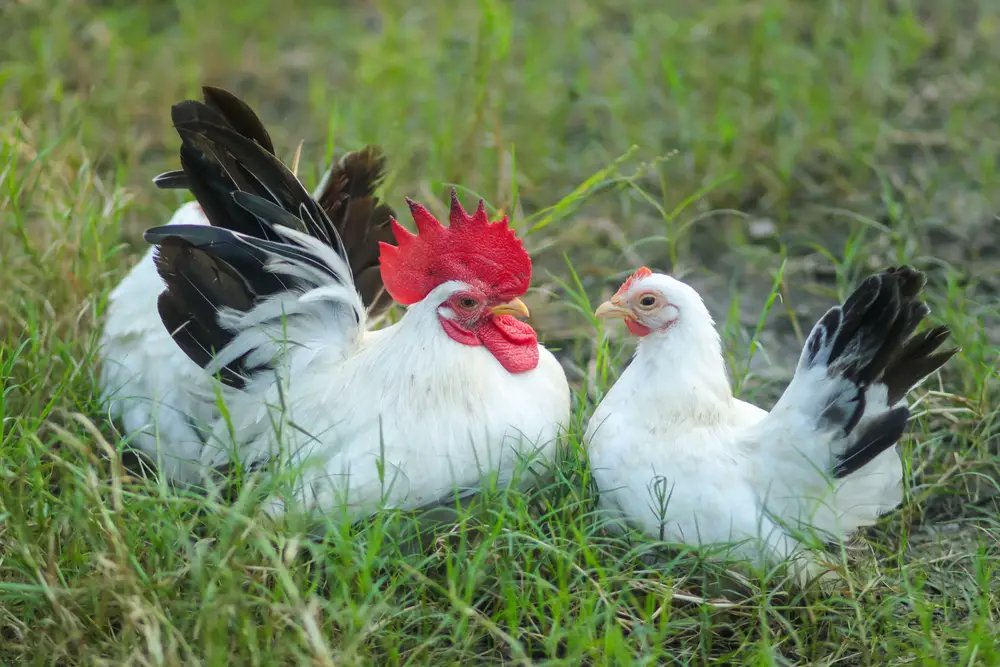
Chickens have a surprisingly sophisticated system of communication, using a range of vocalizations and body language to convey different messages. Research by Dr. Chris Evans, an animal cognition expert, has shown that chickens produce distinct sounds to express everything from hunger to alarm. They can warn others of predators with specific calls that indicate the type of threat and its distance. This ability to communicate complex information plays a crucial role in the social dynamics of the flock.
In addition to vocalizations, chickens use body language to express their feelings and intentions. For example, a chicken may puff up its feathers to appear larger and more threatening when confronted by a rival. They also engage in displays to attract mates or assert dominance within the flock. Observing chickens interact with one another reveals a rich tapestry of communication that is both nuanced and essential for their social order. This level of interaction highlights the intelligence and adaptability of these remarkable birds.
8. They’re Resilient And Adaptable
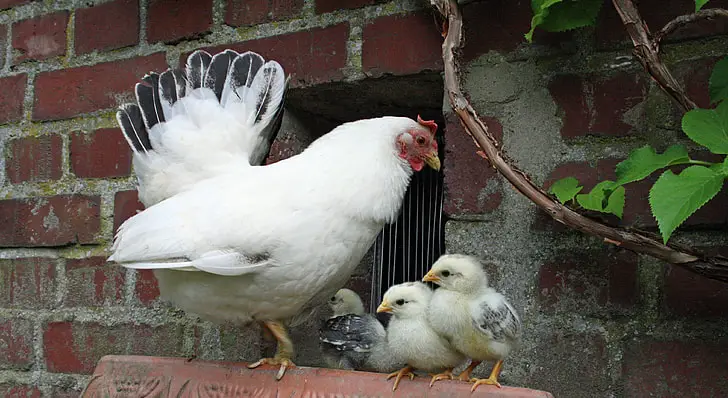
Chickens are incredibly resilient animals, capable of adapting to a wide range of environments and conditions. Whether they’re living in a backyard coop or on a commercial farm, they manage to thrive. Chickens have been bred for various climates and purposes, resulting in breeds that are well-suited for specific needs. This adaptability is one reason why chickens are found all over the world, in diverse environments and cultures. Their resilience makes them a reliable and versatile source of food and companionship.
Despite their hardiness, chickens still benefit from attentive care and management. Providing them with a safe, clean, and stimulating environment can enhance their quality of life and promote better health. Monitoring their needs and adjusting their care accordingly can help them better adapt to changes in weather, diet, or living conditions. Their ability to bounce back from challenges is a testament to their strength and tenacity. By respecting and nurturing their adaptability, we can ensure chickens continue to thrive in a rapidly changing world.
9. They’re Part Of Cultural Traditions
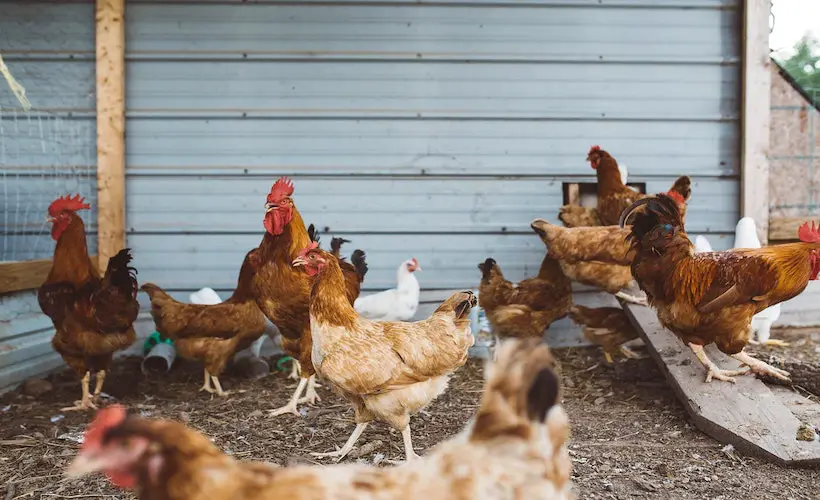
Chickens have long been a part of human culture and tradition, featuring in folklore, religion, and art. Many cultures around the world view chickens as symbols of prosperity, fertility, and protection. In some traditions, they play a role in rituals or celebrations, highlighting their significance beyond just being a food source. Chickens are often depicted in literature and art, reflecting their importance in daily life and cultural heritage. Their presence in various cultural narratives underscores their value and influence throughout history.
In many rural communities, chickens are integral to the local economy and way of life. They provide eggs and meat, contribute to agriculture, and are often involved in social events and traditions. The role of chickens in cultural practices reflects their adaptability and significance as both a resource and a symbol. By recognizing and preserving these traditions, we acknowledge the diverse ways chickens have shaped human history. Celebrating their cultural impact is another way to appreciate the multifaceted role they play in our lives.
10. They Inspire Innovation In Farming
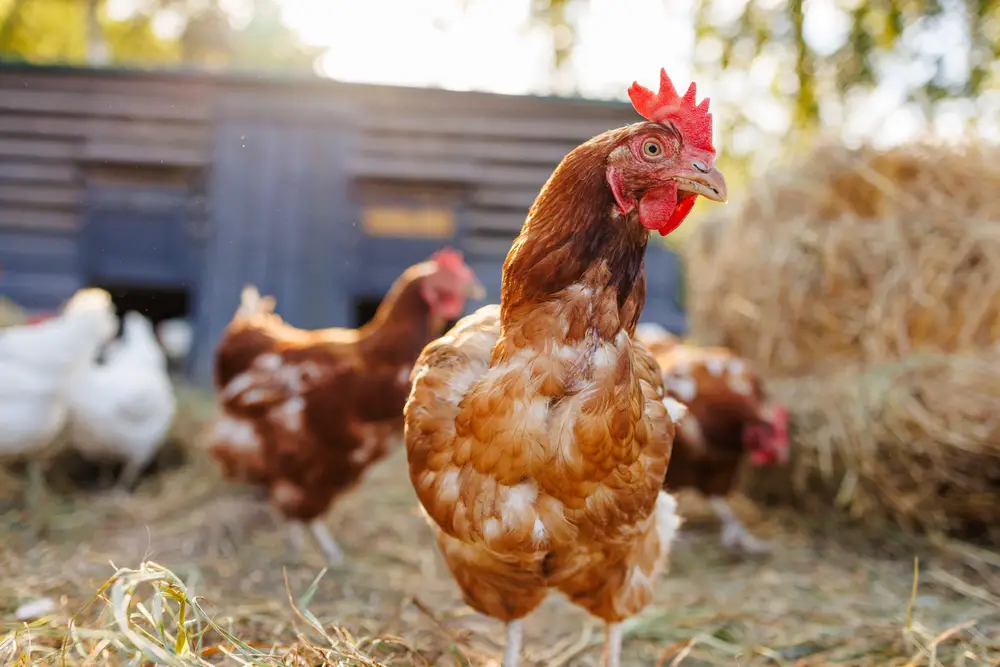
Chickens have spurred innovation in agriculture, leading to more sustainable and efficient farming practices. As people seek to improve animal welfare and reduce environmental impact, chickens have become a focus for research and development. Innovations like pasture-raised systems and mobile coops are designed to enhance their well-being and allow them to exhibit natural behaviors. These improvements not only benefit chickens but also contribute to healthier and more sustainable food production.
The interest in backyard chicken keeping has also led to innovations in coop design, feed, and care techniques. People are continually finding new ways to optimize chicken health and productivity while minimizing their ecological footprint. These advances reflect a growing awareness of the importance of ethical and responsible farming. By continuing to innovate, we can ensure that chickens are raised in environments that respect their needs and contribute positively to the food system. Their role in driving agricultural innovation highlights their impact beyond just being a source of food.
11. They’re Easy To Care For
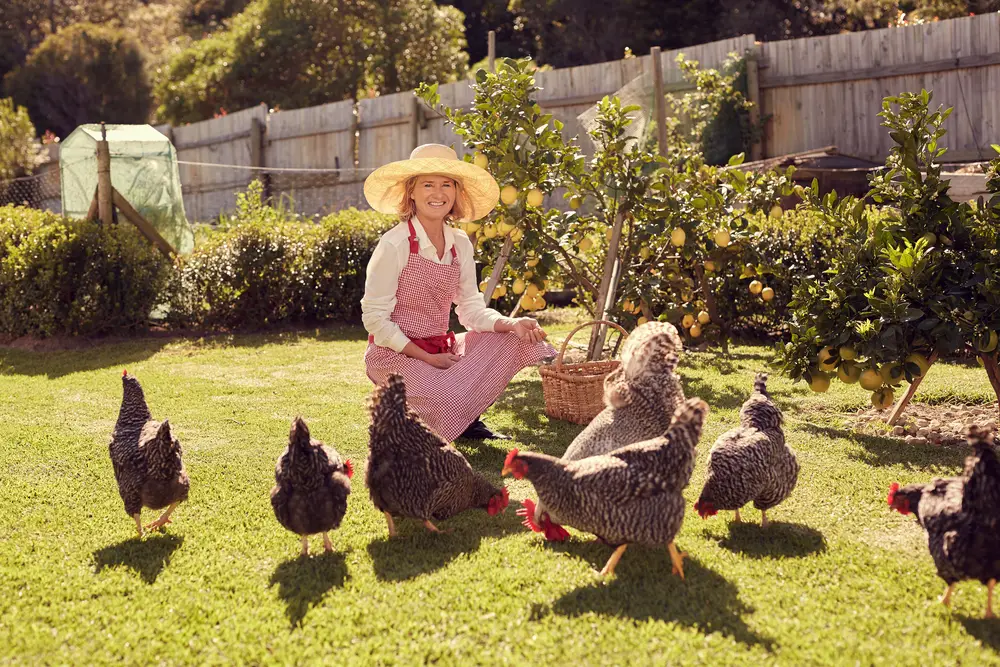
One of the reasons chickens are so popular is that they’re relatively easy to care for. With a little knowledge and preparation, anyone can raise chickens in their backyard. They require basic shelter, food, water, and protection from predators, making them accessible for people of all ages and experience levels. Chickens are hardy and adaptable, able to thrive in a variety of conditions with proper care. This ease of care makes them an ideal choice for those looking to start a small-scale farming venture or simply enjoy fresh eggs.
Chickens also provide an opportunity for education and engagement, especially for children. Caring for chickens can teach responsibility, empathy, and a connection to nature. It’s a hands-on experience that offers insights into animal behavior and the food production process. Plus, chickens can be a source of joy and entertainment, each with their own quirks and personalities. Their low-maintenance nature, combined with the benefits they offer, makes chickens a rewarding addition to any home or farm.
12. They’re Eco-Friendly Recyclers
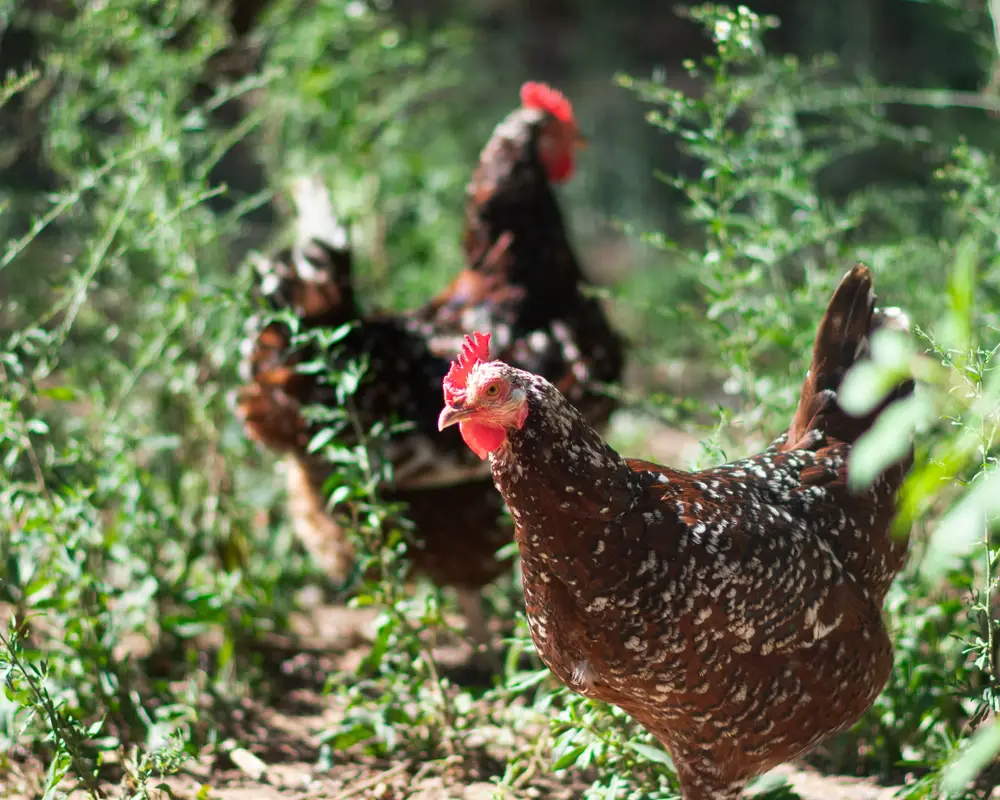
Chickens play a valuable role in waste reduction by recycling food scraps and garden waste. They love to eat leftovers, turning what would be waste into nutritious food for themselves. This reduces the amount of garbage that ends up in landfills and contributes to a more sustainable cycle of consumption. Chickens essentially transform kitchen scraps into eggs and fertilizer, creating a closed-loop system that benefits the environment. Their efficiency as recyclers is one more reason to give them credit.
In addition to eating food scraps, chickens contribute to composting efforts. Their droppings, rich in nitrogen, are an excellent addition to compost piles, speeding up the decomposition process. This creates rich, fertile soil that can be used to enhance gardens and grow more food. By keeping chickens, you’re not only reducing waste but also contributing to a healthier ecosystem. Their role as eco-friendly recyclers highlights yet another way chickens play a positive role in our lives and the environment.
13. They Offer Therapeutic Benefits
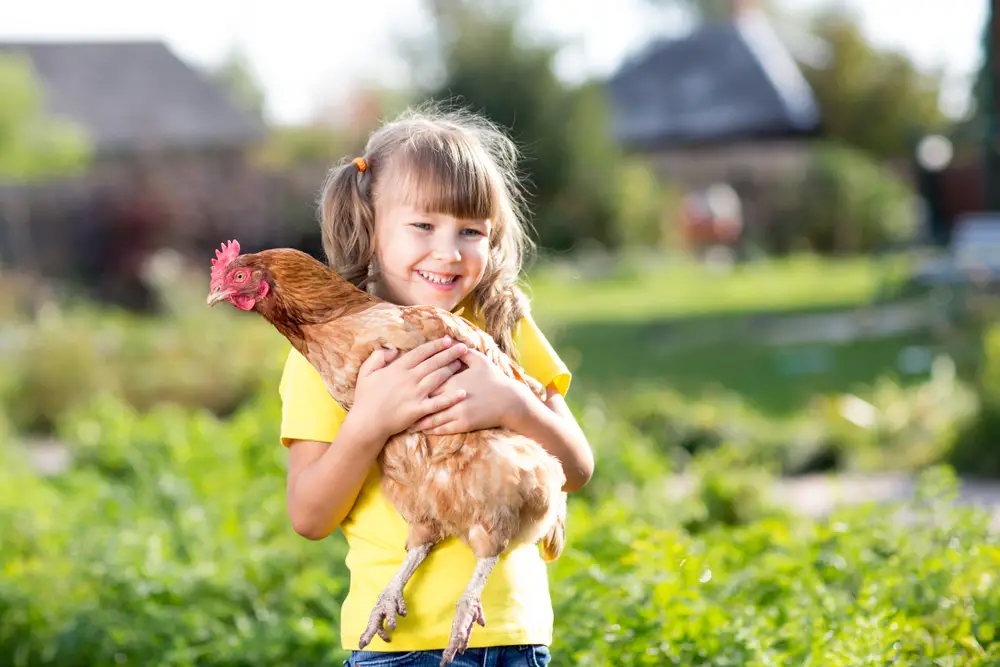
Interacting with chickens can provide therapeutic benefits, offering a sense of calm and connection to nature. Many people find joy and relaxation in watching chickens go about their daily activities. Their gentle clucking and rhythmic movements can be soothing, providing a break from the hustle and bustle of modern life. Chickens can also be a source of companionship, with many owners forming bonds with their birds through regular care and interaction.
Caring for chickens encourages mindfulness and can be a form of stress relief. The routine of feeding, cleaning, and observing the flock offers a chance to slow down and focus on the present moment. This connection to nature and the simple pleasures of animal care can improve mental well-being. Additionally, chickens are often used in therapeutic settings, such as animal-assisted therapy, where they help people with anxiety, depression, and other challenges. Their therapeutic potential is yet another reason to appreciate and value these remarkable birds.
